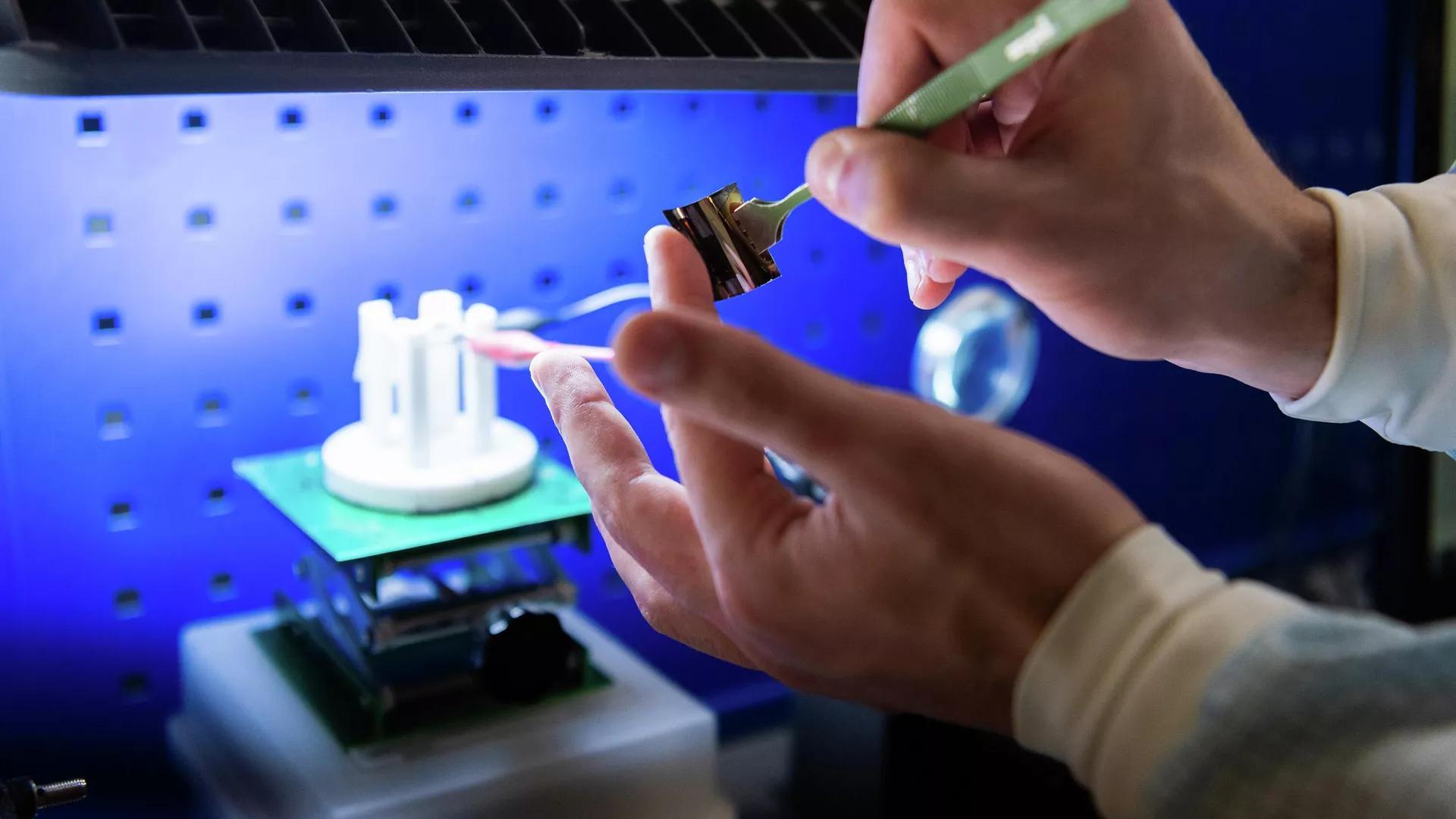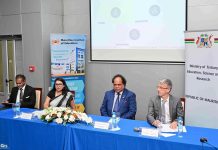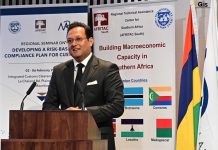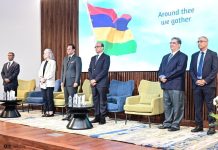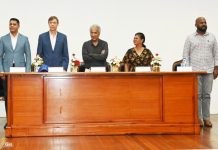Africa-Press – Mauritius. Researchers from the National University of Science and Technology “MISiS” (NUST MISIS) have adapted the technology of applying semiconductor layers of post-silicon photo-converters to industrial standards.
The scientists behind this latest innovation believe that the technology will make the production of solar cells cheaper and easier, and capable of working in any weather, the university’s press service reported.
According to the authors of the research, the silicon crystals used today in the production of solar cells are difficult and costly to produce, and have serious operational limitations.
Lately, scientists all over the world have been actively researching perovskite materials as an alternative to silicon. The researchers noted that today the efficiency of perovskite solar cells has already reached the efficiency of commercial silicon cells.
Researchers at NUST MISIS have been developing perovskite-based solar cells and photo-detectors since 2015. The scientific team’s work has yielded a technology that ensures high stability and luminescence of perovskite layers and is adapted to modern industrial application standards.
The researchers emphasise that the CVD technique is now the industry standard for LED and solar-cell production. According to them, it is possible to incorporate perovskite technology into existing production lines without replacing the equipment fleet.
The scientist added that perovskite solar cells and light-emitting diodes are now set to go into mass production and become widespread in industrial and consumer electronics.
They have a major advantage in that they cost little to produce costs and can be manufactured in large batches. At present, NUST MISIS has organised the full assembly cycle of perovskite solar cells.
In laboratory conditions, solar cells are assembled in 5 hours – from glass to a finished product. The technology has been granted a patent and is ready for large-scale production and competition with silicon competitors.
The developers are garnering investments and looking for industrial partners. The global objective of the researchers in the NUST MISIS’ Laboratory of Advanced Solar Energy is to bring perovskite devices to mass production. The researchers believe that affordable energy sources will improve the energy infrastructure in Russian and foreign markets.
For More News And Analysis About Mauritius Follow Africa-Press


